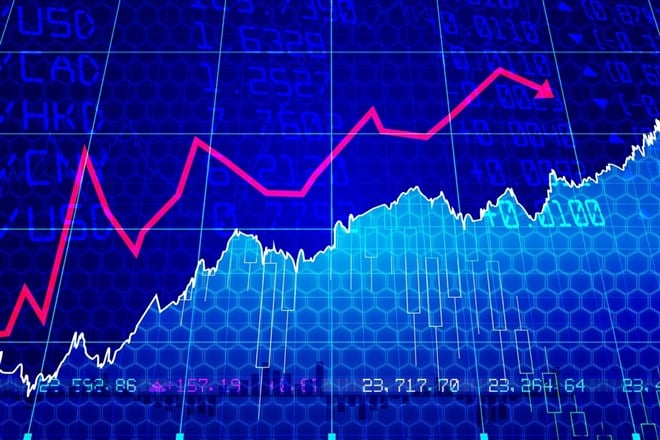
This time last year, U.S. companies were wowing the market with some lofty earnings growth figures. When the dust settled, S&P 500 members recorded 88.5% bottom-line growth. The result reflected the stark comparison to the spring of 2020 when the pandemic brought the economy to a halt.
With second quarter earnings season kicking off this week, we won’t see anywhere near the type of performances that we did last year. But corporate profits are expected to build from last year’s base. The consensus expectation of S&P 500 Q2 EPS implies 8.1% year-over-year growth.
So whereas throwing a dart would’ve been a fairly effective approach a year ago, investors will need a different strategy this time around. To outperform in the current market environment, companies need steady demand and astute cost management.
Here are three earnings plays that check both boxes—and look likely to exceed expectations in the coming days.
Will Pepsi Beat Q2 Earnings?
When PepsiCo, Inc. (NASDAQ: PEP) reports on Tuesday, the Street will be looking for EPS of $1.72 which would match last year’s result. The beverage and snack maker is likely to beat this benchmark as it has done over the last five years with remarkable consistency. Over the last 29 quarters, Pepsi has topped consensus EPS estimates on 25 occasions.
In Q1 the company handily beat the Street due to better-than-expected comps across all geographic segments. Sales were particularly strong in Latin America as the region recovered from the pandemic. With restaurants reopening and Omicron cases declining, management raised its full-year organic revenue growth guidance from 6% to 8%.
At a time when most U.S. companies are reducing 2022 growth estimates, Pepsi is doing the opposite. Despite inflationary pressures on the consumer and its cost structure, it is finding ways to grow sales and cut costs. Second-quarter earnings season is likely to put the spotlight on defensive consumer staples names—and Pepsi will get the fizz started.
Is Fastenal Stock Oversold?
Fastenal Company (NASDAQ: FAST) reports before the open on July 13th. The consensus EPS forecast of $0.50 implies 35% growth and would mark the company’s best bottom-line performance since the pandemic began.
If management can deliver a positive surprise, the stock is likely to jump sharply. It has been dragged down 22% from its peak due to general market weakness despite being one of the healthiest businesses in the industrials sector.
As a supplier of industrial and construction supplies, Fastenal has been one of the biggest beneficiaries of the economic recovery. Its unique distribution model includes brick-and-mortar stores, e-commerce, onsite outlets, and even convenient vending machines at customer locations. This is creating several opportunities for customers to access fasteners, PPE, and other essentials—and giving Fastenal multiple attractive revenue streams.
Last quarter Fastenal grew its bottom line by 28% and topped the analyst consensus. The strong year-to-date performance has management raising its dividend and expressing confidence in the long-term. In the very short-term, traders should pounce on this earnings rebound story.
Is U.S. Bancorp Stock a Buy?
In a period of rapidly rising interest rates, the banking industry is a good place to invest—and U.S. Bancorp fits the bill (NYSE: USB). The consumer and commercial bank is coming off a period in which loan growth accelerated. Average loans increased 3.4% sequentially in the first quarter.
A growing lending business and a rising net interest margin is the perfect storm for big financial institutions like U.S. Bancorp. With the Fed expected to raise rates several more times this year, profitability should be on the upswing for an industry that has been hampered by historically low rates for the better part of the last decade.
On July 15th, U.S. Bancorp is expected to report second quarter EPS of $1.09. While this would be a slowdown from the unusual growth posted last year, it would mark the first sequential uptick in earnings since Covid. This combined with the prospects for aggressive Fed rate hike action in the second half of the year could catch investors’ attention—and spark a rally in a stock that has slipped 27% from its January record high.







